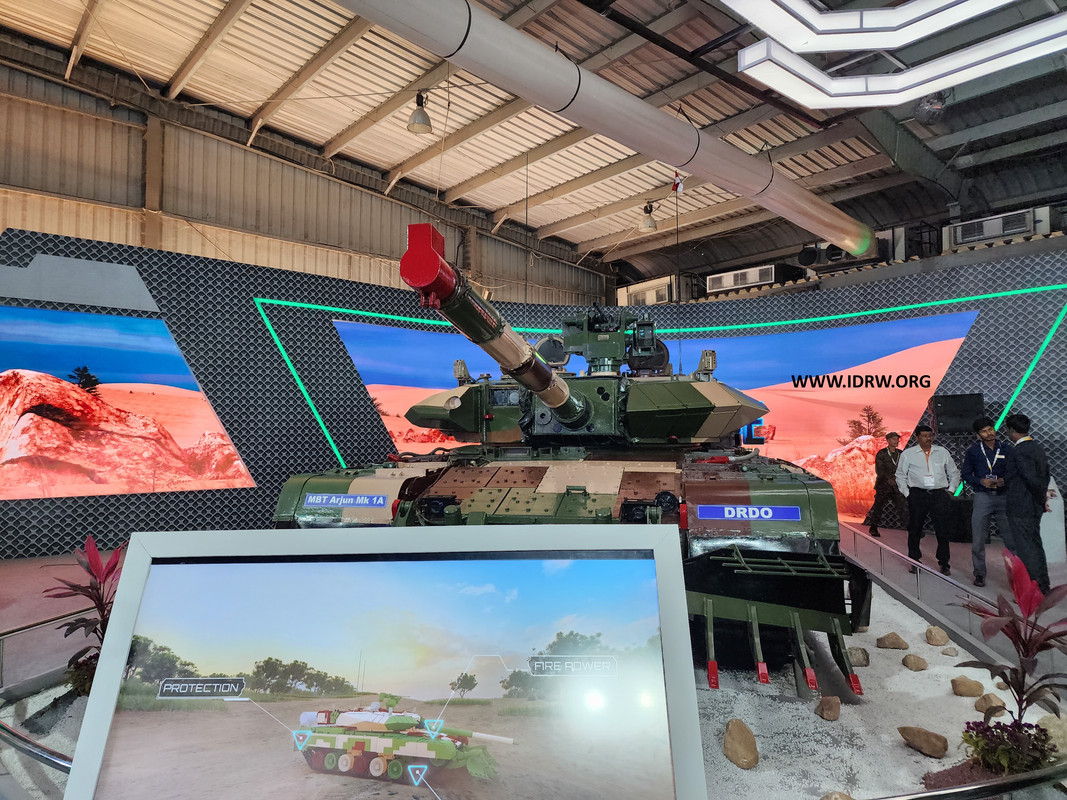SOURCE: AFI

India’s quest for self-reliance in defense equipment is commendable. However, recent cases of weapon system trials dragging on for years raise concerns about efficiency and global perception. This article explores the need for time-bound trials and a dedicated audit team to bolster India’s defense development.
The Indian Army’s trials of locally developed weapons often extend for years, casting a shadow on their effectiveness. This creates a sense of “work in progress” for India’s defense capabilities on the world stage. Potential adversaries may perceive delays as a weakness, while allies might question the reliability of such equipment.
To address this, the Ministry of Defence (MoD) should consider implementing time-bound trials for new weapon systems. This would establish clear deadlines, expediting the process and ensuring a more efficient development cycle.
Furthermore, establishing a separate audit team within the MoD dedicated to user trials can be highly beneficial. This team, composed of independent experts, could analyze trials objectively and ensure timely completion. Such an approach would prevent delays caused by internal bureaucratic hurdles.
Time-bound trials and dedicated audit teams offer several advantages:
- Faster Deployment: Quicker completion of trials leads to faster deployment of operational weapons, strengthening India’s defense posture.
- Enhanced Global Image: A streamlined system portrays India as a resolute and efficient military power, inspiring confidence in allies.
- Improved Resource Allocation: Timely completion of trials frees up resources for further research and development efforts.
India’s aspirations for a robust indigenous defense industry necessitate a modern approach. Time-bound trials and dedicated audit teams represent a significant step forward. By implementing these measures, India can not only streamline its defense development process but also project a stronger image on the global stage.